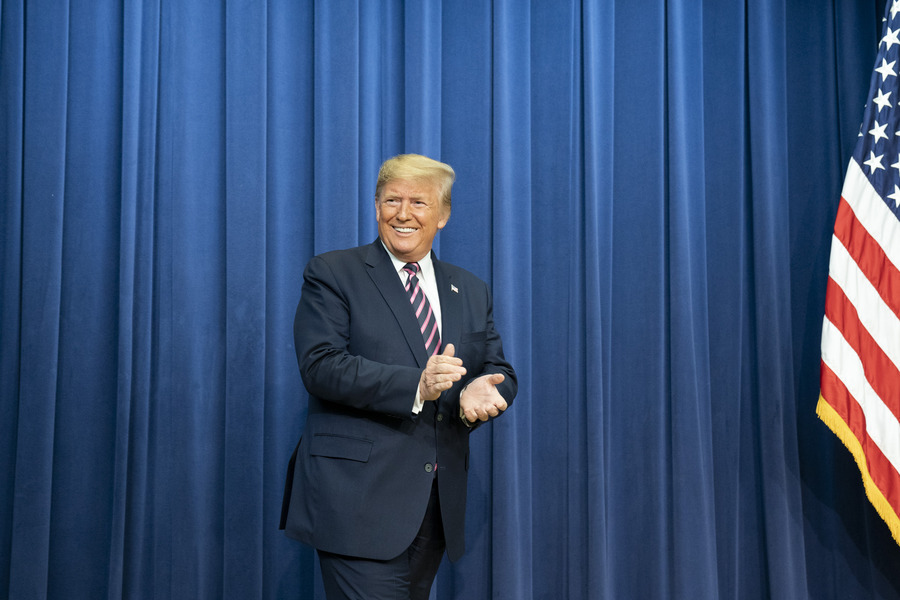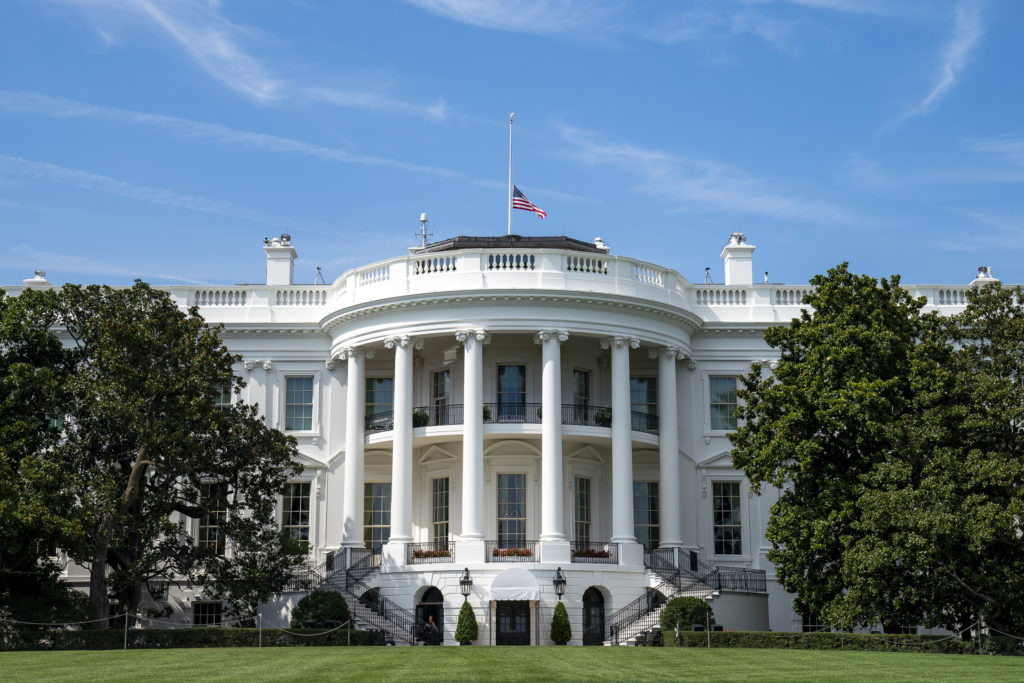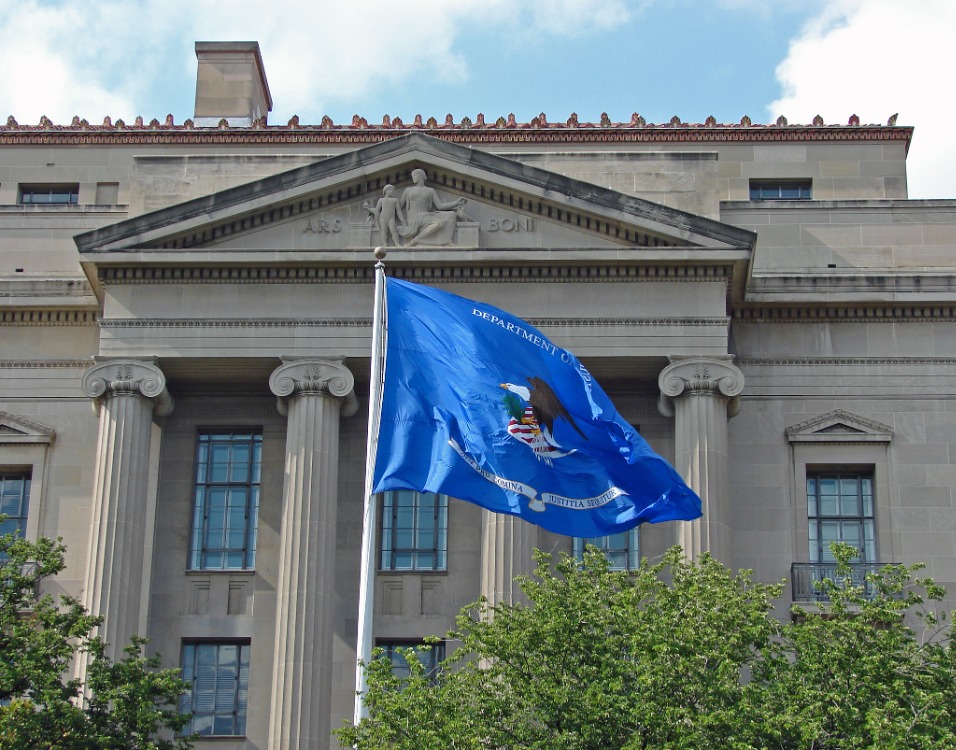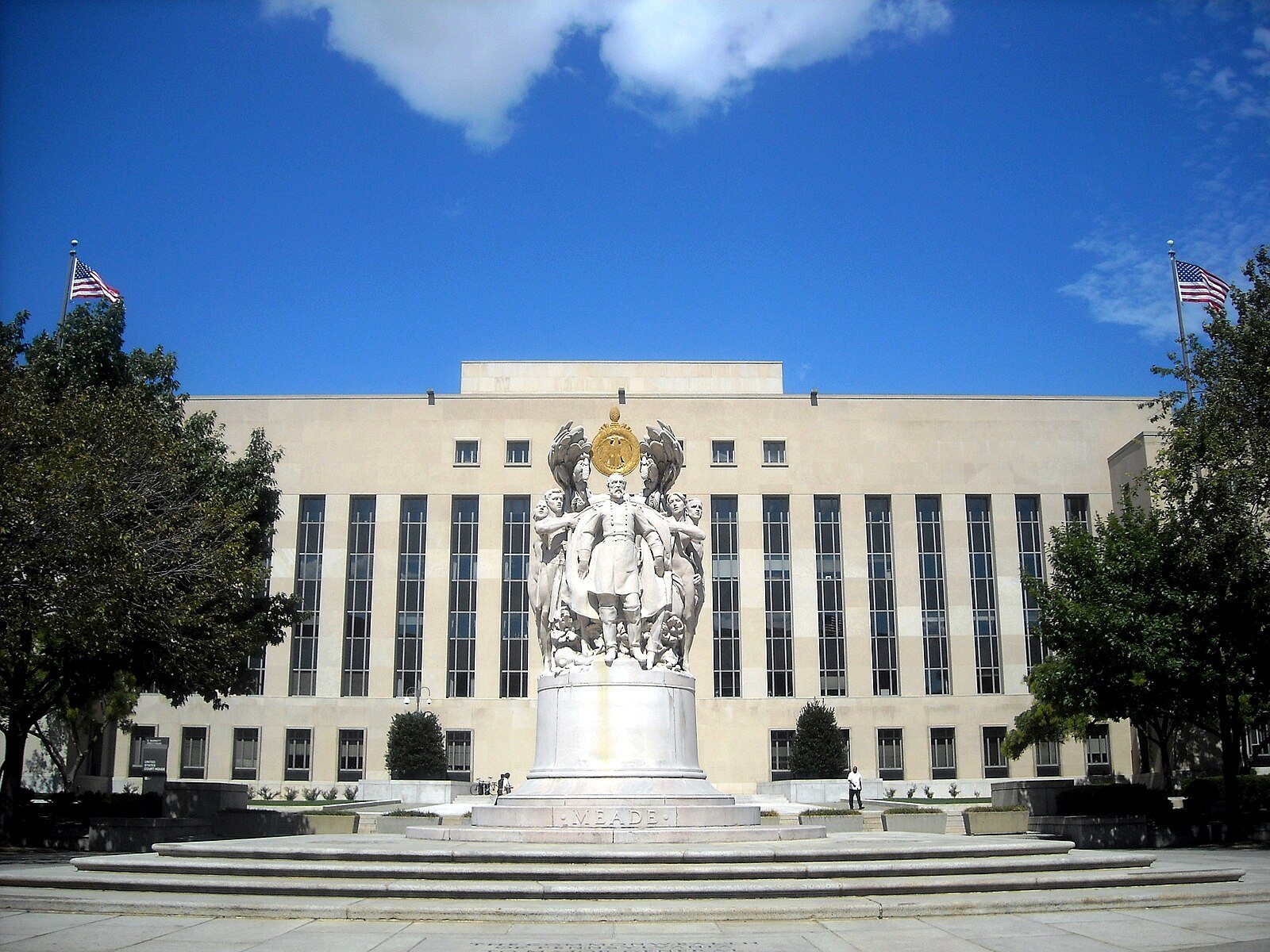The Situation: Were the Trump Trials Pointless?

Published by The Lawfare Institute
in Cooperation With

The Situation began yesterday.
Once upon a very long time ago, which is to say in January, I imagined that I was going to spend this year watching and covering the trials of Donald J. Trump. Four criminal cases against the man were pending. One seemed bone-crushingly strong. One alleged a powerful case that he had tried to overturn democratic government in the United States. A state case in Georgia was a bit of a question mark but certainly seemed serious. And one, in New York, was—from my point of view, anyway—a bit of an afterthought, but an interesting afterthought.
I was eager to cover them all. And I had no doubt that all of this criminal justice activity had something to do with protecting democracy from Trump and Trumpism, though I wasn’t sure how it all connected.
In the wake of Trump’s election victory on Tuesday, all of these cases—one way or another—will go away.
The Georgia case has mostly self-destructed on its own. The combination of the Supreme Court’s immunity ruling and Trump’s second accession will put it into deep freeze at a minimum and may finish it off altogether.
The federal cases will disappear, either because Trump’s new attorney general—whoever that may turn out to be—orders them to or because Special Counsel Jack Smith dismisses them preemptively on the theory that a sitting president can’t be prosecuted.
And New York? Ironically, the afterthought case turned out to be the only one with any legs at all. Trump faced a jury there, one that convicted him on multiple felony counts, and he will face sentencing in a few weeks, assuming the judge does not determine first that the Supreme Court’s immunity decision requires a mistrial. In which case he won’t.
Even if the case actually goes to sentencing—and I have my doubts—this won’t be much of a reckoning. A New York trial judge doesn’t get to lock up the president of the United States, which Trump will become again in January. So even if Justice Juan Merchan were extremely aggressive, Trump’s appeals will eat up far more time than it would take for him to ensconce himself safely back in the White House. Look for a small, slap-on-the-wrist sentence or a sentence deferred until after Trump’s appeals and renewed service in the White House are both done.
All of which raises the question: Was all of the criminal process pointless?
I confess that there have been many moments since the trajectory of election night became clear when I have contemplated this possibility. The criminal process is supposed to do three things: punish wrongdoing, deter or disable future wrongdoing, and provide a transparent and persuasive account of its own work along the way. In these cases, it has failed to punish wrongdoing. It may well have emboldened the defendant with respect to future misbehavior. And it has so spectacularly failed to convince the public of Trump’s unfitness that the man now commands majority support among those who vote.
Let me dwell on each of these points for a moment.
The system manifestly did not do justice. It did not treat Trump as it does other people who steal and hoard classified information. It did not treat Trump remotely as it did other people responsible for the attempt to overturn the 2020 election—not those who did so violently, and not those who used fraud and other schemes. It ultimately could not bring him to trial at all, let alone in a timely fashion.
It just as manifestly did not protect democracy. The Supreme Court managed to read a clear statement in the Constitution that insurrection conveys disqualification from office not meaningfully to exist at all, just as breezily as it managed to discover a wholly atextual presidential immunity in the Constitution that made prosecution within a reasonable period of time impossible. Whatever the intent behind these decisions, the effect was both to impede justice and to facilitate Trump’s rise back to power. And he rises to power this time knowing that six justices on the nation’s highest court will shield even gross abuses of presidential power from criminal accountability.
And, of course, the criminal process did not persuade the electorate either. A higher percentage of voters supported Trump this year than in either 2020 or 2016, in neither of which years he faced any indictments, let alone jury convictions.
So was it all pointless—or, worse yet, counterproductive? Did the majority of the American electorate merely not mind voting for a felon, or did people consider the felonies, proved and alleged, as positive qualifications for the job of president? Did people just hate Kamala Harris or the Democrats or “wokeism” or something else so much that the felonies faded in importance in comparison? Or was it issues—elevated prices, transnational migration, and transgender athletes—that made Trump’s criminality tolerable? I’m sure there are voters among the majority who supported Trump in each of these categories. But all of those voters have one thing in common: not having been persuaded by any combination of charges or trials or litigations that criminality is a pre-political disqualifier.
Yet while the process failed, it was not entirely pointless. It served at least three functions that partially, though only partially, redeem it.
The first and most visible of the three is that the cases created a record. The record is substantially bigger than the portion of it that is public. Eventually, more of it may become public. But even the record we have now across three of the four cases (the Georgia case did not advance far enough to produce much of a record) offers a great deal of clarity and precision about what Trump did, about how he did it, and about what prosecutors were prepared to prove beyond a reasonable doubt to a jury—and in one case actually did so.
That record establishes an important fact that cannot emerge authoritatively from campaign rhetoric or floor speeches in Congress. That is, that the president we have elected has committed serious crimes against our democracy, crimes for which other people have spent many years in prison. While this fact apparently did not deter many people from voting for the man, it seems to me salutary to have it on the record that crimes have been proved in one court, and credibly alleged and with voluminous evidence in two or three others.
I honestly don’t know whether or how this fact will become important. But it seems to me a good thing that it was a reality available to every voter on Election Day, even if so many of them chose not to know or care about it.
The second benefit is subtler, but it is one I witnessed with my own eyes. Whatever else Trump may have gotten away with, he did have a moment of accountability in New York. That moment lasted for six weeks this past spring, when Trump was forced to sit in a courtroom, day after day, as witness after witness came up and testified in his presence about his conduct before a judge to whose authority he was forced to submit. Trump then had to sit there while 12 nobodies deliberated about his conduct and judged him. And he had to sit there as they delivered that judgment on dozens of counts—against him.
I do not want to overstate the importance of this moment of accountability. I don’t believe for a second that the experience of watching that process and being judged changed him or will alter his future behavior. I merely want to suggest that it visibly disquieted him and that this process of being judged was unlike anything he had been through before.
It is a painful experience to have one’s own misconduct rehashed for the public—including, in this case, conduct that has rapey overtones—and found criminal. And while the experience of that trial is not one-tenth the accountability I would seek for Trump, it is not nothing either. It is worth something that he had to sit through Stormy Daniels’s testimony and Michael Cohen’s and that he will know for the rest of his life that a jury unanimously believed them and not him. I wish very much that something similar had happened in the context of the numerous sexual assault allegations against him, none of which has ever seen more than civil adjudication.
I spent a fair bit of that trial staring at the back of Trump’s head from a few rows back in the gallery. I don’t pretend to know what kind of impression it all made on him—his inner life being utterly opaque to me. That said, I’m certain it made some impression. And that moment of his conduct being subject to human judgment that he cannot persuade, cajole, or terrorize has, I believe, real value.
So too does a third aspect of the criminal justice process with respect to Trump’s conduct: the impact on those who aided him. While it’s clear that the cases against Trump are going away, and likely that Trump will pardon many or all of the Jan. 6 defendants, those facing charges in state court for 2020 election misconduct are not quite so lucky. They cannot be pardoned by the president, and freezing the Georgia case against him doesn’t necessarily freeze it against others. There are other state cases in a variety of jurisdictions. It’s hard to be a lawless president without the assistance of others. And these cases remain important because they may deter others from helping Trump in future lawlessness. And that has real value too.
The trouble is that none of it has enough value.
In the end, the process failed. If the Trump trials stand for one thing, they stand for the proposition that John Adams was wrong when he wrote that inspiring nonsense about having “a government of laws, not men.” The moral of the story of the Trump trials is that the criminal justice system will not ultimately rein in the tyrant if the people don’t want it to.
I feel like a fool for not having known this back in January.





